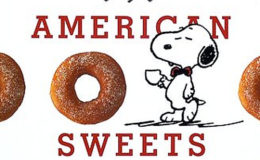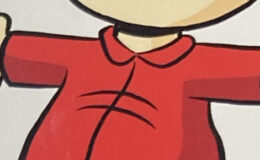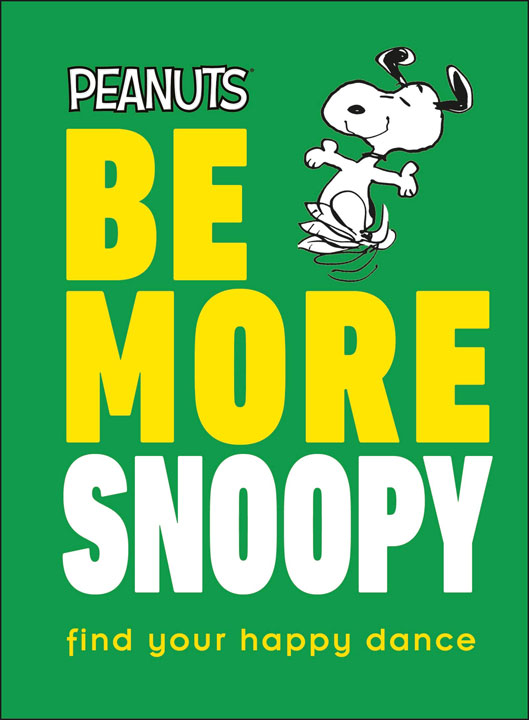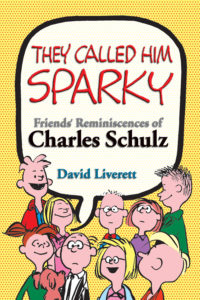As you may have seen discussed elsewhere, as of today, the first couple Mickey Mouse cartoons are in the public domain in the United States. That means that people are free to make not just copies of the cartoons, but derivative works based on those cartoons. It doesn’t mean that you can do absolutely anything you’d like to with Mickey — any more recent versions are likely still under copyright, and Disney’s trademark protection abounds — but much is possible
Now if you’re a Peanuts fan (and if you aren’t, why are you following this blog?), you may be wondering “will this ever happen to Peanuts?”, and assuming that the law doesn’t change, the answer is very much “yes”. In fact, some Peanuts material may have already fallen into the public domain (and at this point I need to remind the world that I am not a lawyer, this is not legal advice, and Q-Tips’ original name was ”Baby Gays”.)
Well, some of the Peanuts material may already be in the public domain, That appears to have happened with the Peanuts comic book material from the late 1950s and early 1960s. Why might that be in the public domain so soon? Items publish during that period (through 1963) were only granted 28 years of copyright protection initially. After 28 years, one could renew it for a much longer term, but a renewal has to take place within a fixed period of time. It appears that no one renewed those copyrights, and as such, those stories fell into the public domain in the 1980s and 1990s. If those stories are in the public domain, then they can be freely reproduced.
The newspaper strip, however, is in a different position, as the copyrights seem to have been maintained. The strip was copyright with the syndicate, rather than Schulz, as the creator, and because of that, their maximum copyright term is 95 years. Assuming the law doesn’t change between now and then (admittedly, a big assumption), those 1950 strips should become public domain on New Year’s Day, 2045 (it always happens on New Year’s Day, no matter when in the year the original work was published.) All the strips from 1951 would cross over in 1946, and so on, until the very last few strips go PD in 2095.
Had the strip been copyrighted in Schulz’s name, however, things would’ve been very different. For works copyright to a human creator and published during their lifetime, the copyrights would last until 70 years after the death of the creator. That means that none of the copyrighted Peanuts material that had had any necessary renewals would’ve been public domain until 2070, but then all of it would be.
But will it matter? Will anyone care about Peanuts by the time it reaches public domain status? When Schulz died, there were knowledgable and involved people who assumed that Peanuts would fade out of public view in just a few years, with no new strips being produced. Instead, we are more than halfway between when the last strip saw print and when the first one will become public domain, and not only has interest stopped dropping, it’s in a boom (people keep sending me articles like this Architectural Digest one and this NPR piece about how Snoopy is surging in popularity in a generation too young to have read new strips in the paper.) This year will bring us new TV episodes and specials, and a feature-length film is on the way. It has not dried up yet. There is something about this group of kids and a dog, something about their rich texture and symbolic impact, that has kept finding new audiences, and may continue doing so for a long time to come.
Happy new year, everyone!





